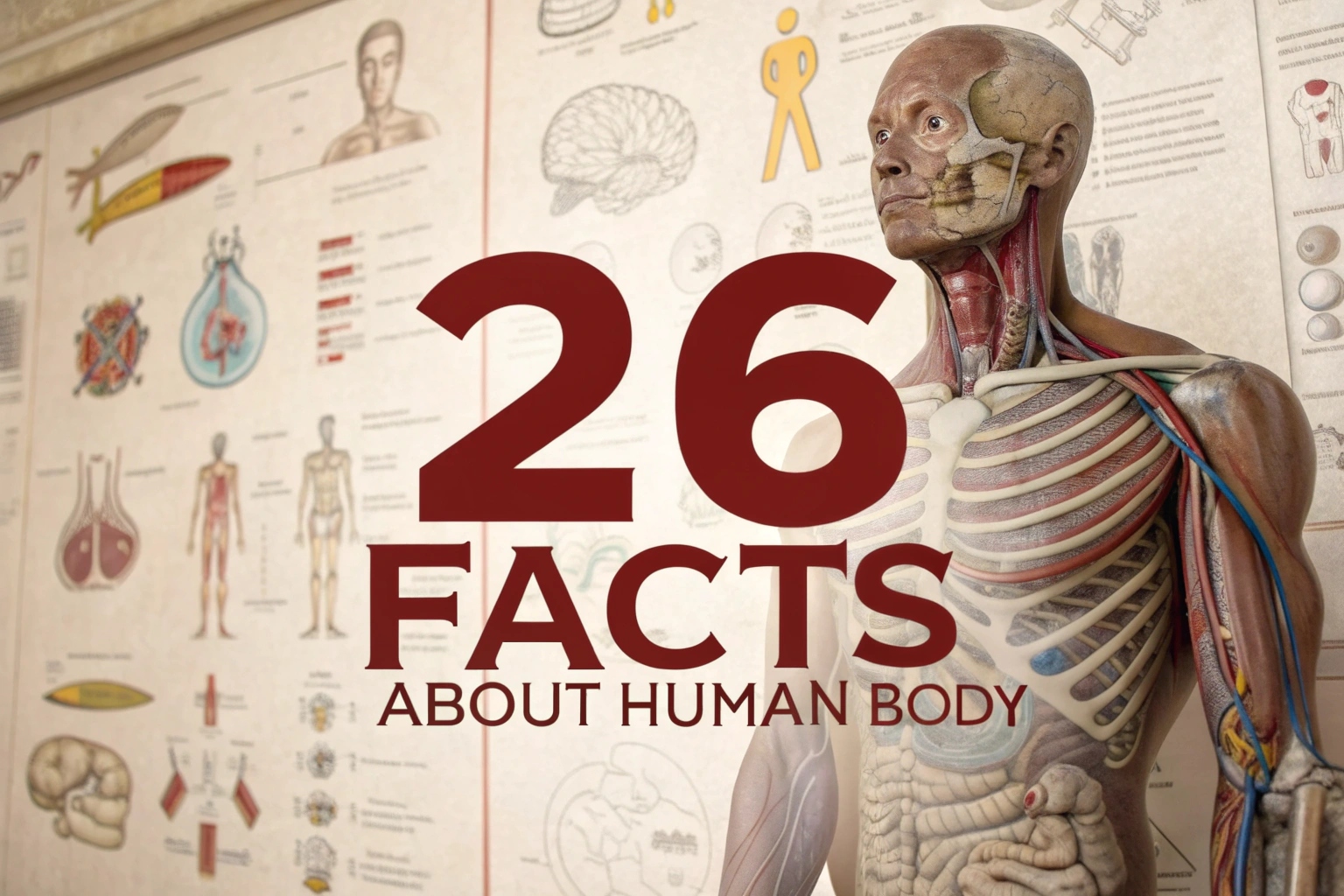A world without the light bulb, the internet, or even the smartphone in your hand. These everyday conveniences were once just dreamed in the minds of notable inventors who dared to think differently. From ancient times to the modern era, these inventors have shaped our world in ways we often take for granted.
They transformed the impossible into reality, leaving legacies that continue to inspire innovation today. This article delves into the lives and contributions of such visionaries, highlighting their lasting impact on society. Join us as we journey through time, exploring the remarkable stories of those who changed the world forever.
Overview Of Notable Inventors
Notable inventors have played a crucial role in shaping the modern world. Through their visionary ideas and groundbreaking inventions, they have addressed pressing needs and laid the groundwork for future technological advancements. From the invention of the light bulb to the development of the internet, these pioneers have pushed boundaries and transformed society.
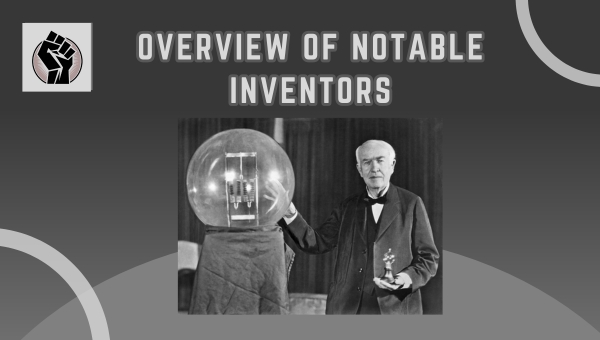
Their contributions not only solve immediate problems but also inspire future generations to think creatively and challenge established norms. Studying their work provides valuable insights into the creative processes that drive innovation. It highlights the importance of imagination, persistence, and the courage to explore new possibilities.
By examining the achievements of these inventors, we gain a deeper appreciation for the power of innovation and its potential to create a better world. Their legacy serves as a testament to human ingenuity and the endless possibilities that lie ahead.
Historical Inventors Who Changed The World
Throughout history, certain inventors have made remarkable contributions that fundamentally transformed society. Their innovations have not only advanced technology but also reshaped everyday life, laying the groundwork for the modern world.
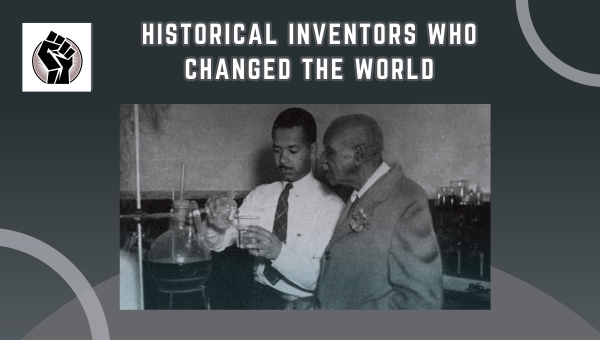
This section explores the groundbreaking achievements of three historical figures: Thomas Edison, Nikola Tesla, and Leonardo da Vinci, whose inventions continue to influence our lives today.
Thomas Edison
Thomas Alva Edison (1847-1931) was a prolific American inventor and businessman, holding over 1,093 patents. He is best known for his invention of the incandescent light bulb, which he perfected in 1879 by creating a practical and long-lasting filament. This innovation revolutionized indoor lighting and made electricity accessible to households.
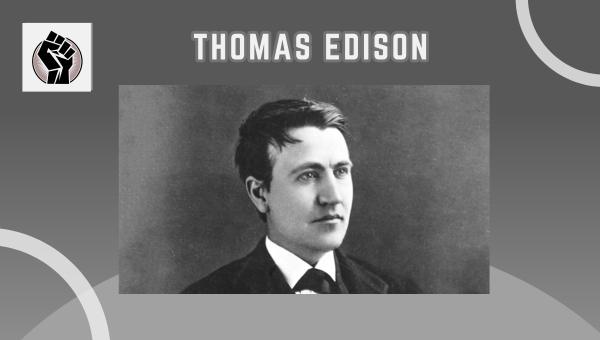
Edison’s establishment of the first industrial research laboratory in Menlo Park, New Jersey, marked a significant shift in how inventions were developed, emphasizing systematic experimentation and teamwork. In addition to the light bulb, Edison invented the phonograph, the first device capable of recording and reproducing sound, which laid the foundation for the music industry.
His development of the electric power distribution system enabled widespread electrification, making electric power a standard in homes and businesses. Edison’s contributions to motion pictures with the Kinetoscope also set the stage for modern cinema. His legacy is evident in our daily lives; every time we use electricity or listen to recorded music, we benefit from his pioneering work.
Nikola Tesla
Nikola Tesla (1856-1943) was a Serbian-American inventor and engineer whose contributions to electrical engineering have had a lasting impact on modern technology. Best known for developing alternating current (AC) electrical systems, Tesla’s innovations allowed electricity to be transmitted over long distances more efficiently than direct current (DC) systems.
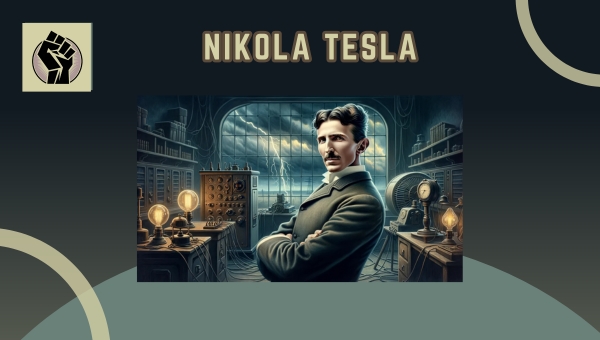
His work on the AC motor and transformer laid the groundwork for the modern power grid.Tesla’s visionary ideas extended beyond just electrical systems; he also conceptualized wireless communication and energy transmission. His invention of the Tesla coil demonstrated high-voltage electricity’s potential and is still used in radio technology today.
Tesla’s rivalry with Edison during the “War of Currents” highlighted the importance of AC power in shaping electrical infrastructure. Despite facing numerous challenges throughout his life, Tesla’s relentless pursuit of innovation has left an indelible mark on technology, influencing everything from radio to renewable energy sources.
Leonardo da Vinci
Leonardo da Vinci (1452-1519) was not only a master painter but also a visionary inventor whose ideas transcended his time. His diverse inventions included designs for flying machines, armored vehicles, and various mechanical devices that showcased his understanding of physics and engineering.

Da Vinci’s flying machine sketches, inspired by birds, reflected his fascination with flight long before it became a reality.His designs for military machines, such as an early version of a tank and various siege weapons, demonstrated his innovative thinking in warfare technology. Additionally, da Vinci’s studies in anatomy led him to create detailed drawings that contributed to medical knowledge.
His notebooks are filled with sketches and concepts that reveal an extraordinary mind driven by curiosity and creativity. Although many of his inventions were never built during his lifetime, they laid foundational ideas that would inspire future generations of inventors and engineers. Da Vinci’s legacy as a polymath continues to inspire innovation across various fields today.
Also Read: Carrier Willis | A Look at His Groundbreaking Inventions
Modern Inventors And Their Impact
Modern inventors have significantly shaped the digital age, transforming how we interact with technology and each other. Their pioneering work has redefined industries and created new possibilities. Let’s explore the contributions of some key figures in this realm.
Steve Jobs
Steve Jobs was a visionary who changed the personal technology landscape. His influence can be seen in many aspects of our daily lives.
Here’s a closer look at his remarkable impact:
- Apple Inc. Co-founder: Jobs co-founded Apple Inc., a company that became a leader in personal computing and consumer electronics.
- Innovative Products: Under his guidance, Apple launched groundbreaking products like the iPhone, iPad, and MacBook. These devices revolutionized how we communicate, work, and play.
- Design Philosophy: Jobs emphasized design simplicity and user experience, setting new standards for product aesthetics and functionality.
- Digital Media: He played a crucial role in the music industry with the introduction of iTunes and the iPod, changing how we access and enjoy music.
- Legacy of Innovation: Steve Jobs’ vision and leadership continue to inspire tech entrepreneurs and inventors around the world.
Elon Musk
Elon Musk is a name synonymous with forward-thinking and ambitious projects. His ventures have pushed the boundaries of innovation:
- SpaceX: As the founder of SpaceX, Musk aims to make space travel more accessible and affordable. His ultimate goal is to enable human life on Mars.
- Tesla Motors: Tesla has revolutionized the automotive industry by producing electric cars with high performance and sustainability. Musk’s vision is to reduce dependence on fossil fuels.
- SolarCity: Through SolarCity, Musk has advanced solar energy solutions, promoting clean energy and reducing environmental impact.
- Neuralink and Boring Company: These ventures explore neural technology and infrastructure, demonstrating Musk’s commitment to diverse technological advancements.
- Hyperloop: Musk proposed the Hyperloop, a high-speed transportation system that could change the way we travel long distances.
Tim Berners-Lee
Tim Berners-Lee’s work has had a profound global impact, reshaping communication and access to information:
- Inventor of the World Wide Web: Berners-Lee developed the World Wide Web, enabling the Internet to become a powerful tool for information sharing and connectivity.
- Open Web Advocate: He has been a strong advocate for an open and free web, emphasizing the importance of accessibility and neutrality.
- Web Standards: Berners-Lee played a vital role in establishing standards that ensure the web’s universality and interoperability across different platforms and devices.
- Impact on Society: The web has transformed education, commerce, and social interactions, making information accessible to billions worldwide.
- Continued Influence: Berners-Lee continues to work on projects that aim to improve the web and address challenges like data privacy and misinformation.
These modern inventors have not only introduced transformative technologies but have also inspired countless others to think creatively and push the limits of innovation.
Diverse Inventors And Their Contributions
Diversity in invention brings fresh perspectives and innovative solutions. Inventors from different backgrounds contribute unique ideas that push boundaries.
By recognizing these individuals, we can appreciate the wide range of advancements they’ve brought to various fields. Let’s explore some remarkable inventors who have made significant impacts.
Female Inventors
Female inventors have been at the forefront of groundbreaking achievements. They have often overcome societal barriers to make lasting contributions.
Let’s take a closer look at some trailblazers:
- Marie Curie: Known for her pioneering research on radioactivity, she was the first woman to win a Nobel Prize and remains the only person to win Nobel Prizes in two different sciences (Physics and Chemistry).
- Hedy Lamarr: An actress and inventor, she co-developed a frequency-hopping spread spectrum technology, which is the foundation for modern wireless communications like Wi-Fi and Bluetooth.
Inventors From Developing Nations
Inventors from developing countries often create solutions tailored to their local needs, with global implications.
Their innovative work deserves recognition:
- Ajay Bhatt (India): Co-inventor of the USB (Universal Serial Bus), he revolutionized how devices connect and communicate, impacting technology use worldwide.
- William Kamkwamba (Malawi): As a teenager, he built a wind turbine from scrap materials to power electrical appliances in his family’s home, showcasing resourcefulness and creativity in addressing energy scarcity.
These inventors exemplify the power of diverse contributions to innovation, driving progress across the globe.
Also Read: Benjamin Franklin’s Inventions [Revolutionary Discoveries]
The Future Of Invention And Innovation
As we gaze into the horizon of invention and innovation, we enter a realm brimming with potential and excitement. The future promises advancements that could reshape the way we live, work, and interact with the world.
Let’s delve into some of the promising trends and groundbreaking innovations that are on the cusp of becoming reality.
Technological Advancements
Artificial Intelligence (AI) is set to revolutionize numerous industries. From healthcare to education, AI systems are becoming more sophisticated, capable of performing tasks that require human-like understanding.
Imagine AI-driven diagnostics in healthcare that can predict diseases before symptoms appear, enhancing patient outcomes significantly. Similarly, in education, AI could personalize learning experiences, catering to individual student needs.
In the field of biotechnology, the possibilities are equally thrilling. Scientists are making strides in genetic engineering and synthetic biology, potentially leading to solutions for food security and medical breakthroughs. The concept of lab-grown organs, for instance, could address the shortage of donors and save countless lives.
Sustainable Innovations
As global awareness of climate change grows, the push for renewable energy sources becomes more urgent. Innovations in solar, wind, and other sustainable technologies aim to reduce our carbon footprint.
Future advancements may include more efficient solar panels and wind turbines that harness energy with minimal environmental impact. Moreover, the development of smart grids could revolutionize energy distribution, making it more efficient and reliable.
Material Science and Nanotechnology
The exploration of smart materials and nanotechnology opens a world of possibilities. Imagine materials that can repair themselves or change properties based on environmental conditions. Such advancements could lead to more durable products, reducing waste and enhancing sustainability.
Nanotechnology, on the other hand, offers potential in medicine, enabling targeted drug delivery systems that improve treatment efficacy.
Interdisciplinary Collaboration
The future of invention will likely thrive on interdisciplinary collaboration. By combining expertise from different fields, new solutions can emerge that address complex challenges. For example, the integration of biology and technology could lead to bio-computers that process information in novel ways.
Ethical Considerations
As we embrace these innovations, it is crucial to address ethical considerations. The impact of technologies like AI and biotechnology on privacy, employment, and society must be carefully managed. It is important to ensure that these advancements benefit humanity as a whole, promoting equity and access.
The journey into the future of invention and innovation is one filled with promise and potential. By staying informed and engaged, we can participate in shaping a future that is not only technologically advanced but also sustainable and equitable for all.
FAQs
What contributions did Thomas Edison make?
Thomas Edison made significant contributions by inventing the phonograph and enhancing the electric light bulb. His innovations in communication and entertainment have had a lasting impact on modern life.
How did Nikola Tesla influence electrical engineering?
Nikola Tesla is known for his development of alternating current (AC) power systems. His work has been fundamental to the field of electrical engineering and remains crucial to modern technology.
How did Steve Jobs change personal technology?
Steve Jobs revolutionized personal technology through his role as co-founder of Apple Inc. He introduced iconic products like the iPhone and iPad, which transformed how people interact with technology.
What impact have inventors from developing nations had?
Inventors from developing nations often create solutions to local challenges with innovative approaches. Their work can have significant global impacts, addressing a range of issues effectively.
Conclusion
Reflecting on the achievements of notable inventors, it’s evident how their groundbreaking innovations have shaped the world as we know it. From historical figures like Thomas Edison and Leonardo da Vinci to modern pioneers like Steve Jobs and Elon Musk, each has contributed uniquely to technological and societal advancements.
Their work reminds us of the power of creativity and the relentless pursuit of progress. Understanding their legacies highlights the importance of innovation in addressing future challenges. To delve further into the fascinating world of invention, explore more insightful articles on our site and stay inspired by the visionaries who continue to shape our future.



